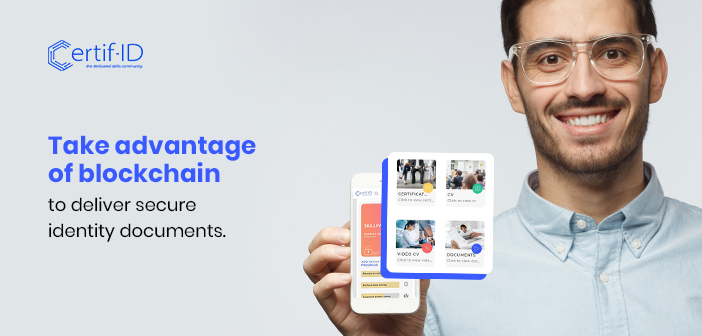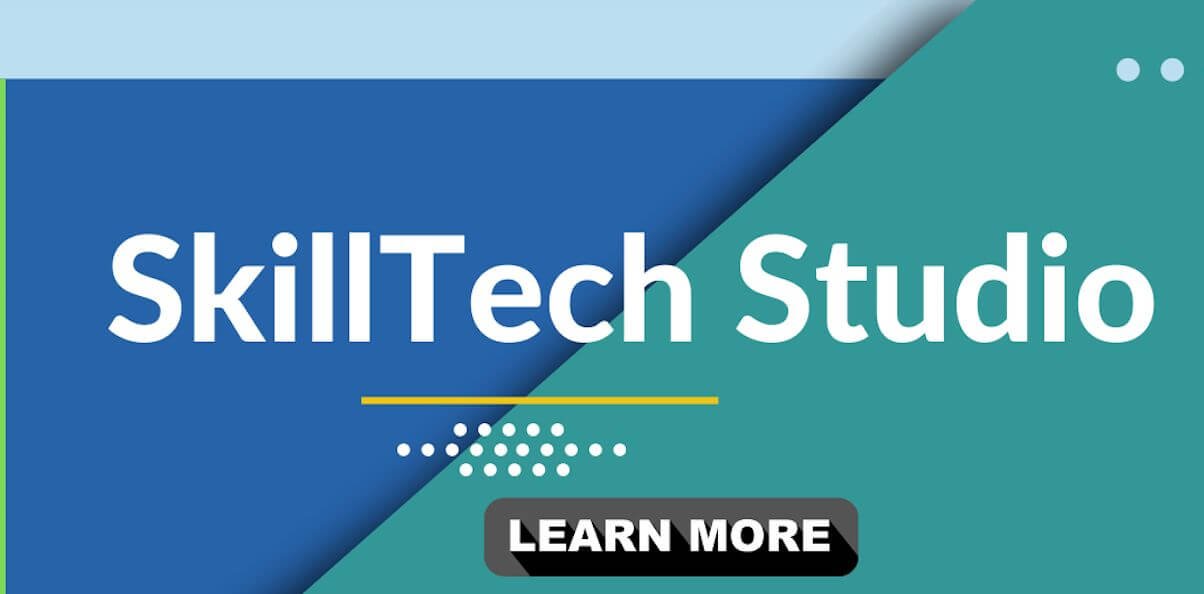Digital identity is a collection of personal data and/or credentials that can be traced back to the real you. It is basically the virtual representation of your identity in the real world.
Traditionally, identification procedures involve the government issuing physical, paper certifications or documents. It includes the likes of Social Security number (SSN), passport, Aadhaar card, and birth certificate, containing details such as name, address, gender and others.
Today, with the widespread use of the Internet and rise in fraudulent activities, having verifiable digital identity documents is becoming essential.
The new verifiable digital identity documents will need to be valid across services, markets, standards and technologies. And, address the following glaring problems associated with the traditional or paper-based identity documents:
- Lengthy manual processes – the documents pass through multiple processes and personnel before they are dispatched or issued to the recipient. This creates possibilities for errors and forgery.
- Time consuming tasks – not only do people have to make time in their busy schedule to apply for their documents and wait for them to arrive. Companies or institutions also have to invest huge amounts of time to issue every single document.
- High logistics costs – huge costs are incurred to print, courier and deliver the documents safely.
- Lack of safety – physical documents can always be lost, misplaced or forgotten. The world needs digital identity credentials that can be stored and shared online securely.
Quick fact: Around 1.1 billion people around the world have no proof of identity.
This is largely due to the expenses and tiresome paperwork associated with the creation of traditional identity documents. There is also the issue of accessibility, as most rural citizens have to travel long distances to create credentials.
To address these challenges effectively, issuing digital identity documents which can be accessed online or through a smartphone will be a favourable solution. Additionally, if the identity document is secured by blockchain technology, it will ensure that data is protected.
New technologies like blockchain can help to deliver secure identity services, in particular by educational, financial and government institutions.
For the purpose of this blog, we shall look at educational certificates which are commonly asked to prove a person’s identity.
If education or qualification certificates can be issued over blockchain. It will be secure, easily verifiable and universally accepted.
How digital certificates are created on Blockchain
Utilising blockchain technology does not have to be difficult. Platforms like Certif-ID which are powered by blockchain technology make it as easy as using Facebook or Twitter.
On the Certif-ID platform, training and educational institutions can simply sign up, create a profile, and issue digital certificates on blockchain directly to students’ email and profile. It is that simple!
Additionally, the platform also offers other features such as course listing and batch management. Educators can use these services, and rely on insights offered by the platform’s data analytics and artificial intelligence capabilities.
The issued digital educational certificates can be shared on social media platforms and recruiters immediately. As the digital certificates are anchored in the blockchain, it is secure. Anyone with access to it can click on the link or scan the QR code and authenticate the information and source mentioned instantly.
“On the Certif-ID platform, organisations can issue blockchain-powered certificates directly into an individual’s email or digital wallet. So, there’s no room for manipulation between the point of the certificate being issued and it being visible to recruiters,” said Tim Miller, Co-Founder of Certif-ID.
 Advantages of digital educational certificates on Blockchain
Advantages of digital educational certificates on Blockchain
- Simplified verification: once a candidate shares his or her digital certificate, recruiters can verify the authenticity of the certificate with a few clicks. This leads to less time spent in background checks.
- Allows for granular verification: as almost any form of data can be encrypted into a block, educators can issue micro-credentials, testimonials, course project details, etc. Digital certificates can showcase specific information related to niche subjects, and a students’ skill levels, something very useful in today’s age of skill specific job roles.
- Secure, tamper-proof credentials: when a digital certificate is issued via Certif-ID (or on Blockchain) an unalterable link is created between the issuing institute and the candidate’s achievement. This makes the certificate super-transparent and removes the need for any third-party involvement.
- Save costs: millions of dollars are spent on educational certificate checks to validate all types of personal details. Utilising digital credentials or certificates in today’s market can make or break your organisation; saving effort, time and costs.
Finally, it must be said that digital identities can have an immense impact in the current times. These benefits can impact not just the educational sector, but sectors like the carbon credits industry. Today, carbon credits are being issued as paper certificates. A single certificate is being sold multiple times and causing fraud and financial crimes. Using blockchain technology to issue digital certificates will make this a thing of the past.
Also read: Three pillars to drive employability skills to our students https://nationalskillsnetwork.in/three-pillars-to-drive-employability-skills-to-our-students/
Certif-ID is making a difference, empowering organizations in various other sectors to reimagine digital identities through the use of a blockchain-based system for issuing and verifying digital documents.
If you would like to know more, please feel free to set up a call or write to us. We would be more than happy to answer any questions.



 Advantages of digital educational certificates on Blockchain
Advantages of digital educational certificates on Blockchain










